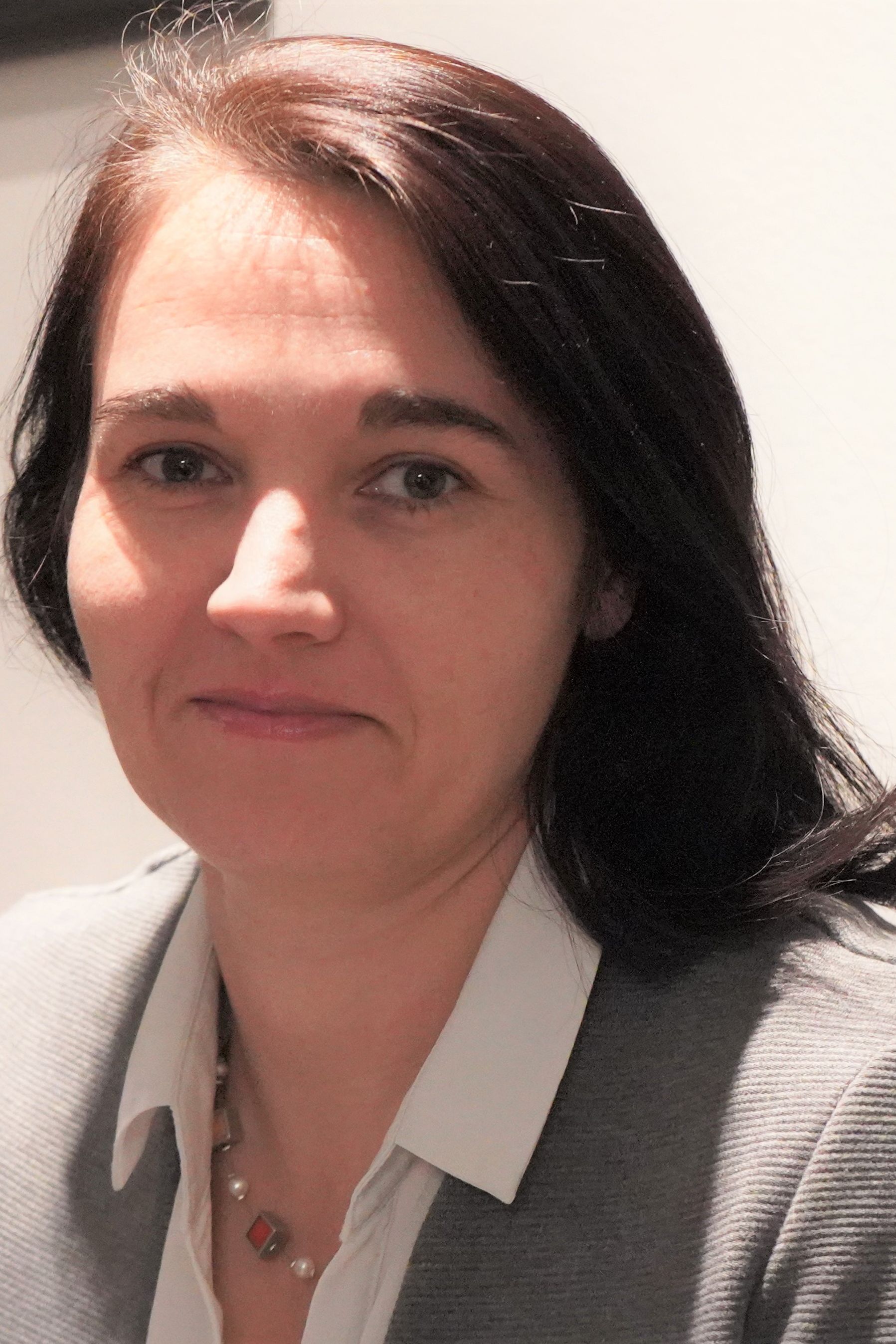Mag. Claudia D. Fuchs-Steiner, PhD

MedUni Wien RESEARCHER OF THE MONTH April 2019
Colesevelam attenuates cholestatic liver and bile duct injury in Mdr2-/- mice by modulating composition, signalling and excretion of faecal bile acids
Primary sclerosing cholangitis (PSC) is a chronic cholestatic liver disease of unknown etiology characterized by a chronic inflammatory and fibro-obliterative destruction of extra-, and intrahepatic bile ducts. Currently there are no medical therapies with proven benefits on PSC patients’ survival. Consequently, liver transplantation is the only treatment option for PSC patients with end-stage liver disease. However, promising preclinical studies show evidence that inhibiting bile acid transport systems regulating the enterohepatic circulation has beneficial effects on cholestatic liver diseases. Beside inhibitors for bile acid transporter, also bile acid sequestrants (anion exchange resins that complex bile acids in the intestinal lumen) decrease hepatic BA reuptake, thereby interrupting enterohepatic circulation. In the awarded work it could be shown that in the experimental PSC model application of BA sequestrant completely reversed the cholestatic phenotype by altering hepatic and biliary BA composition towards a more hydrophilic/non-toxic configuration. Moreover increasing faecal BA excretion and modulating the faecal BA composition towards more abundant TGR5 ligands results in increased colonic levels of GLP-1, known to have protective effects on bile duct epithelial cells. Therefore, it can be suggested that reduction of ileal BA reuptake by BA sequestrants may open new perspectives for pharmacological treatment of patients with cholangiopathies such as PSC.
Selected Literature
1. Fuchs CD, Paumgartner G, Mlitz V, Kunczer V, Halilbasic E, Leditznig N, Wahlstrom A, et al. Colesevelam attenuates cholestatic liver and bile duct injury in Mdr2(-/-) mice by modulating composition, signalling and excretion of faecal bile acids. Gut 2018;67:1683-1691. (IF:17,02)
2. Slijepcevic D, Roscam Abbing RLP, Fuchs CD, Haazen LCM, Beuers U, Trauner M, Oude Elferink RPJ, et al. Na(+) -taurocholate cotransporting polypeptide inhibition has hepatoprotective effects in cholestasis in mice. Hepatology 2018. (IF:14,08)
3. Baghdasaryan A, Fuchs CD, Osterreicher CH, Lemberger UJ, Halilbasic E, Pahlman I, Graffner H, et al. Inhibition of intestinal bile acid absorption improves cholestatic liver and bile duct injury in a mouse model of sclerosing cholangitis. J Hepatol 2016;64:674-681. (IF:15,04)
4. Fuchs CD, Paumgartner G, Wahlstrom A, Schwabl P, Reiberger T, Leditznig N, Stojakovic T, et al. Metabolic preconditioning protects BSEP/ABCB11(-/-) mice against cholestatic liver injury. J Hepatol 2017;66:95-101. (IF:15,04)
5. Lemberger UJ, Fuchs CD, Schofer C, Bileck A, Gerner C, Stojakovic T, Taketo MM, et al. Hepatocyte specific expression of an oncogenic variant of beta-catenin results in lethal metabolic dysfunction in mice. Oncotarget 2018;9:11243-11257. (IF:5,20)
6. Lemberger UJ, Fuchs CD, Karer M, Haas S, Stojakovic T, Schofer C, Marschall HU, et al. Hepatocyte specific expression of an oncogenic variant of beta-catenin results in cholestatic liver disease. Oncotarget 2016;7:86985-86998. (IF:5,20)
7. Blokker BA, Maijo M, Echeandia M, Galduroz M, Patterson AM, Ten A, Philo M, et al. Fine-tuning of SIRT1 expression is essential to protect the liver from cholestatic liver disease. Hepatology 2018. (IF:14,08)
8. Sombetzki M, Fuchs CD, Fickert P, Osterreicher CH, Mueller M, Claudel T, Loebermann M, et al. 24-nor-ursodeoxycholic acid ameliorates inflammatory response and liver fibrosis in a murine model of hepatic schistosomiasis. J Hepatol 2015;62:871-878. (IF:15,04)